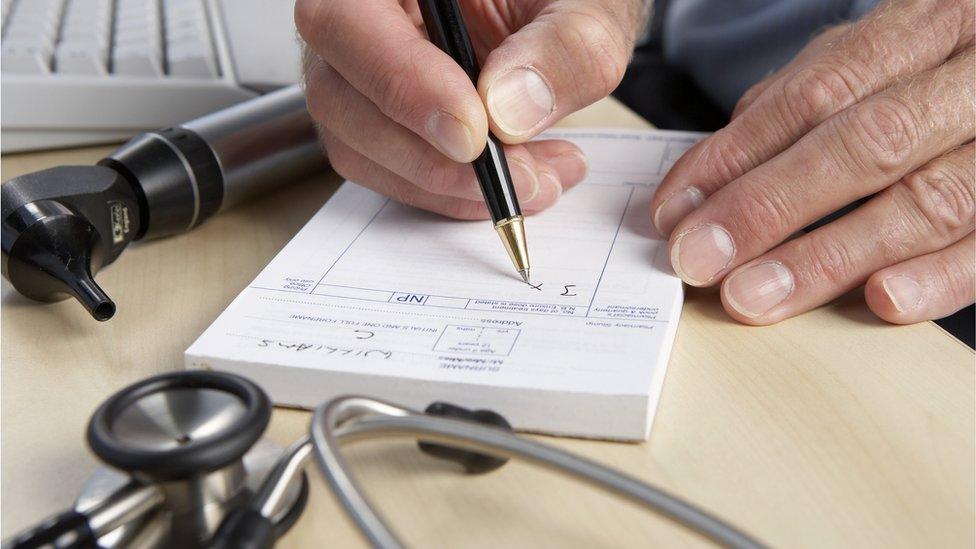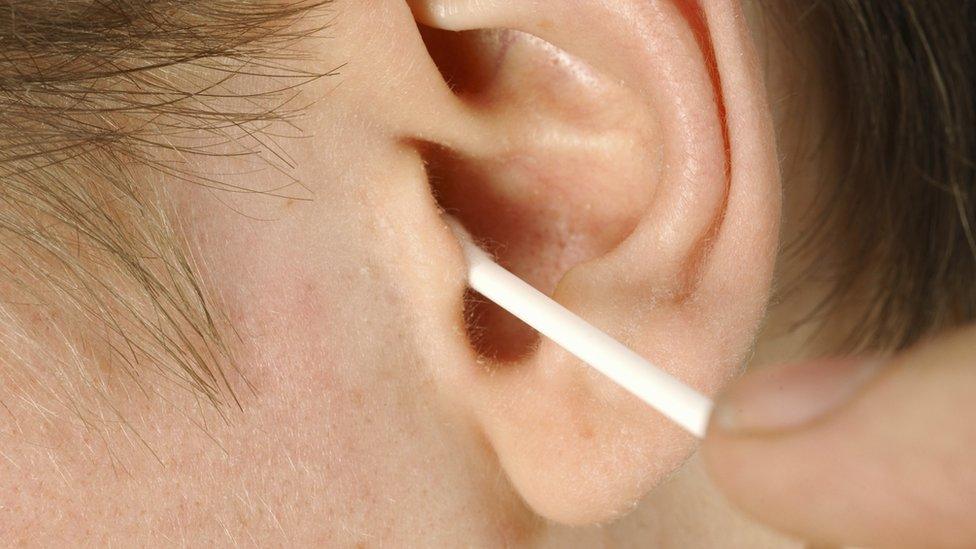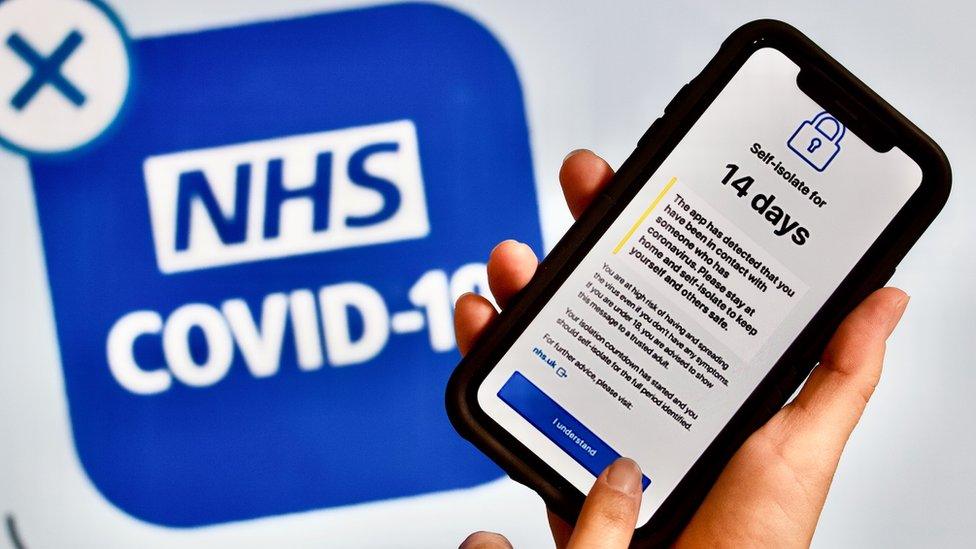Why ear wax syringing is no longer free - minister
- Published

People suffering from a build-up of ear wax are not entitled to have their ears syringed on the NHS in England, a government minister has confirmed.
Edward Argar said it was no longer one of the core services GPs are obliged to provide.
But he said if the wax was linked to hearing loss GPs could refer sufferers to "audiology services," which can provide hearing aids.
He was responding to an inquiry from Tory MP Andrew Rosindell.
Traditionally, wax was removed by the use of water injected into the ear with a large metal syringe.
The National Institute for Clinical Excellence, which approves treatments for the NHS, now advises GP surgeries to use electronic irrigators or suction devices. If that repeatedly fails, the patient can be referred to "a specialist ear care service or an ear, nose and throat service".
Removal of ear wax is not on the list of core services surgeries must offer, although some groups of local surgeries, or "local clinical commissioning groups", band together to pay for them.
Ear syringing at private clinics can cost around £80.
Mr Rosindell asked why the service was "no longer routinely available" and what economic impact this will have on elderly people or those with hearing loss.

Pushing cotton buds into your ear will make the problem worse, the NHS warns
The Romford MP had been contacted by a constituent who felt that they should not have to pay for what they regarded as a medical necessity.
Mr Argar told him: "The provision of ear syringing is an example of an enhanced service. If a local clinical commissioning group has decided not to commission an enhanced service, this may relate to population needs and value for money.
"If the build-up of earwax is linked with hearing loss, then the GP practice could consider referring the patient into audiology services."
The written ministerial statement, external did not address the question of the economic effect on those who rely on the service, who may have to pay for it.
The NHS website says a build up of earwax can lead to dizziness, hearing loss or ear infections.
It recommends that people having issues with earwax treat themselves , externalor seek help from a pharmacist before seeking treatment from a GP.
And it warns: "Do not use your fingers or any objects like cotton buds to remove earwax. This will push it in and make it worse."
- Published24 September 2020

- Published24 September 2020

- Published24 September 2020
